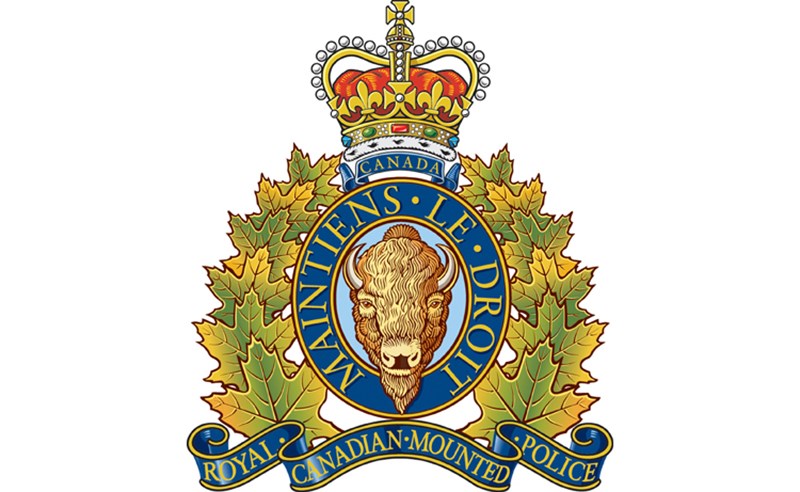Concerns that frauds are going unreported and that more people are getting caught up in them have prompted Coquitlam RCMP to send out a warning as part of its monthly outreach.
In this week's "Five on the Fifth," five scams that have targeted Tri-City residents have been profiled in the hopes of helping people avoid making costly mistakes.
But if they do click on a fraudulent link or give money to someone at their door with a sad tale of woe, they should know they are not alone, says Cpl. Mike McLaughlin.
“There’s a lot of shame people feel when they find they’ve been defrauded and even some some depression can set in," he said, "but people should know police are impartial, we deal with a lot of these frauds and you’re not the only one.
TELL YOUR STORY
“If you’ve been victimized, you story can help others.”
Here’s how it happens: You are checking email and Facebook when a warning message purportedly from a bank, a police agency or even the Canada Revenue Agency pops up telling you to take some urgent action.
What police want you to know is that these kinds of warnings would never by done via email and these agencies would never ask for your personal information online this way.
“It can be scary,” McLaughlin said, “If you’re not sure, don’t hesitate to call your local police station and ask. Chances are, we’ve seen this 100 times.”
You can also Google the circumstances and see if others have reported such emails as a scam.
Chances are, they have. According to getcybersafe.gc.ca, 156 million phishing emails are sent every day worldwide, 16 million make it through filters, eight million are opened and 800,000 links are clicked. As well, 80,000 people fall for a scam every day, sharing their personal information with criminals operating in an unknown location.
HIGH NUMBER FALL VICTIM
Typically, 9% of Canadians have replied to spam mail unknowingly, 7% have replied to spoof or phishing mail unknowingly and 3% — that's about one million Canadians — have entered bank details on a site they don’t know.
McLaughlin said people of all ages and circumstances can be caught by these scams but the majority are seniors, new Canadians or people of diminished mental capacity.
McLaughlin encouraged people to report the scam, even if they’ve been defrauded. “When there’s a local connection, we can act quickly and we want to do that when we can.”
Here are the top 5 scams taking place in the Tri-Cities, according to the Coquitlam RCMP:
5 TO WATCH
• Online dating scams where fraudsters hook up with unsuspecting people who are then asked to send money for an unforeseen emergency.
• Tax scams where a fraudster pretending to be from the Canada Revenue Agency uses phone, text or email to contact you about a refund or unpaid back taxes and wants you to pay them with store gift cards.
• Ticket scams where you buy a ticket to a game or concert from a fraudulent individual — make sure you only purchase from a reputable source, police say.
• Traffic ticket scams, where people were contacted via email about an alleged traffic ticket, were big in May. To pay the fine, the recipient is asked to click on a link. Similar to the CRA scam, this is a phishing scam and the email should be deleted and reported to the Canadian Anti-Fraud Centre.
• A door-to-door scam that surfaces regularly is the “tow truck” scam, where someone knocks on a stranger’s door and asks for money to help in an emergency, such as a car crash. Rather than giving them money, offer to call the police so they can file an incident report.
Learn more at www.cra-arc.gc.ca/scrty/frdprvntn/menu-eng.html.



